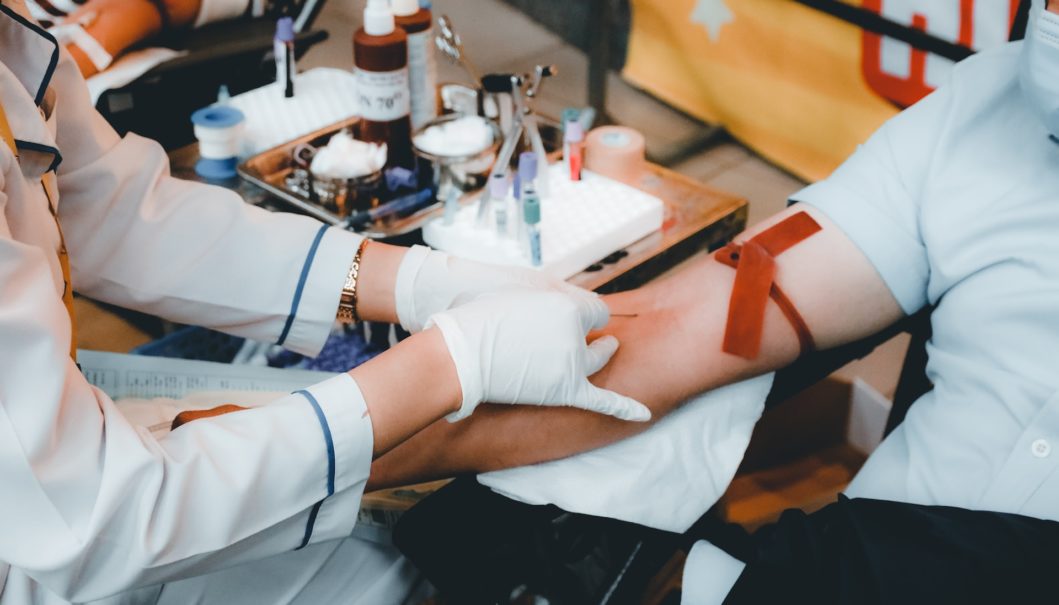Preventive healthcare is a powerful tool that often goes overlooked. It’s not just about managing illness when it strikes, but also about taking proactive steps to maintain good health and catch potential issues early. Regular check-ups and screenings are essential components of preventive healthcare, and they have the potential to save lives and money in the long run.
The Value of Preventive Healthcare
Preventive healthcare involves measures taken to prevent disease rather than treating it after it occurs. Regular check-ups are a cornerstone of this approach, offering numerous benefits:
1. Early Detection: Regular check-ups allow healthcare professionals to spot potential health concerns before they become serious. Detecting diseases like cancer, diabetes, and hypertension in their early stages greatly improves treatment outcomes.
2. Disease Prevention: Vaccinations and screenings can prevent certain diseases altogether. For example, vaccines protect against contagious diseases, while screenings can identify conditions like cervical and breast cancer in their initial stages.
3. Health Maintenance: Check-ups are an opportunity for healthcare providers to assess your overall health and well-being. They can provide guidance on lifestyle changes, offer advice on nutrition and exercise, and help you manage chronic conditions.
4. Cost Savings: Although it may seem counterintuitive, regular check-ups can save you money in the long term. Detecting and treating health issues early can prevent the need for costly, extensive treatments or hospitalizations.
Preventive Screenings: Lifesavers in Disguise
Preventive screenings are a critical component of regular check-ups. These tests are designed to detect diseases or conditions before they cause noticeable symptoms. Some of the most important screenings include:
1. Blood Pressure Measurement: High blood pressure is often called the “silent killer” because it can go unnoticed until it leads to heart disease, stroke, or other serious health problems.
2. Cholesterol Screening: Elevated cholesterol levels can increase the risk of heart disease. Regular checks can help manage cholesterol through medication or lifestyle changes.
3. Cancer Screenings: Mammograms, pap smears, colonoscopies, and prostate-specific antigen (PSA) tests can detect various cancers in their early, more treatable stages.
4. Immunizations: Vaccinations protect against infectious diseases like influenza, pneumonia, and hepatitis.
5. Diabetes Screening: Blood glucose tests can identify prediabetes or diabetes, allowing for early intervention to prevent complications.
The Bottom Line
Incorporating regular check-ups and preventive healthcare into your life is a smart investment in your long-term well-being. While it might seem like an inconvenience in the short term, the benefits are profound. Not only can it save lives by catching diseases early when they’re most treatable, but it can also save money by reducing the cost of extensive treatments and hospitalizations.
Remember that preventive healthcare is not a one-size-fits-all approach. Your healthcare provider can tailor your check-up schedule and screenings to your individual risk factors and health history. By taking charge of your health and partnering with your healthcare team, you can enjoy the benefits of a longer, healthier life and make a positive impact on your financial well-being as well. So, make that appointment and take a step towards a healthier, more secure future.

